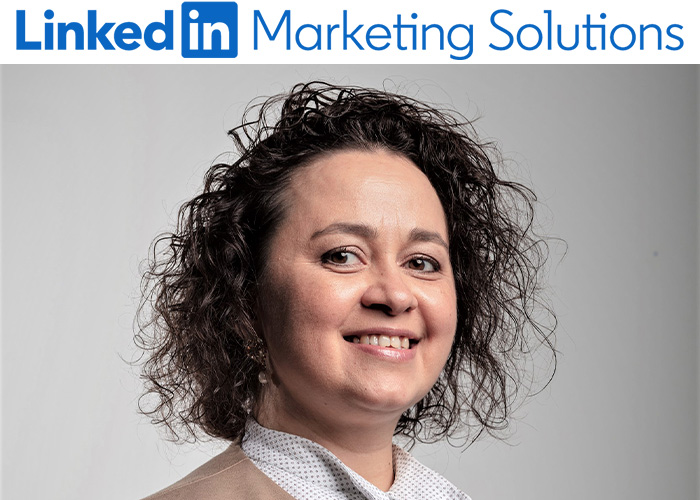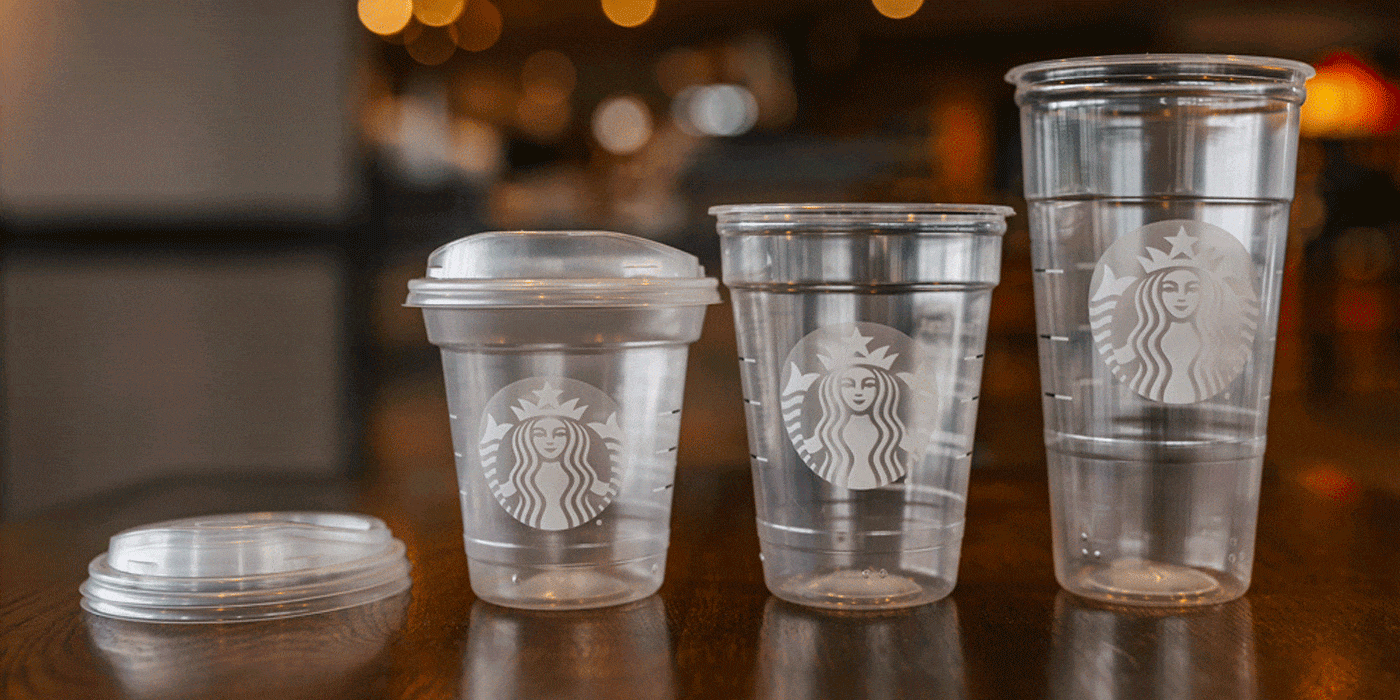
For most regional marketing teams, putting together a monthly update about the latest launches, campaigns and results isn’t one of the more creative parts of the job. They might expect their boss to send around a standard template and ask them to fill in the dry details. For Visa’s marketing team in the Gulf Cooperation Council region, things are a little different. One month their update request will include a reminder that it’s 53 years to the day since the release of The Beatles’ Let it Be album, with some thoughts on what marketing can afford to let be – and what it needs to stay focused on. Another time, they’ll be invited to ponder the significance of International Polar Bear Day. It’s unpredictable, it’s attention-grabbing – and it’s just a small reminder from the region’s Head of Marketing about the impact of keeping a creative mind.
“It’s very important to keep thinking creatively, even when there’s a lot of pressure to be direct in the way we communicate,” says Olga Ivanova. “Applying smart creativity to the way we go about business is what surprises audiences and helps us stand out. The goal of marketing is to help a business grow. It’s the engine for sales, as David Ogilvy put it. However, it’s also the function within the business that’s responsible for making that growth relevant to customers – making them smile and making them cry. It’s where empathy comes from for the business.”
Empathy is the guiding principle behind Ivanova’s approach. It’s something that comes naturally to her as an animal lover who’d probably be working as a vet if she weren’t heading a marketing team. And it’s the common thread that runs through the different elements of Visa’s route to market.
The power of data-driven empathy
“It’s the key skill that marketers need, especially in high-pressure times,” she says. “We are a B2B2C business, which means we can’t just think of the needs of the cardholder – we need to think about the banks as well. Empathy is fundamental to how we engage both of them. With consumers, we need to walk in their shoes and understand their needs and aspirations. With banks, we need to address their wider business needs to earn their trust as a partner. It’s not just about pushing our cards to them. We search for solutions to help them grow their business in other areas too.”
The empathy that Ivanova applies to her audiences is powered by data. In rapidly changing times, Visa finds itself with a trove of insights into how priorities and spending habits are changing – and she’s determined to apply those insights in a way that makes a difference.
“Not so long ago, people in our region would plan a vacation the month before they were due to travel,” she says. “Now, we can see that people are planning and booking trips in March that they will actually take in July. They plan now, but pay much later. Analyzing changes like this helps us to develop the right offers for people at the right time – and give them the sense that we understand them. We also share insights with our partner banks on digital trends, advertising and consumer behavior – helping them to look ahead and adjust their strategies.”
Building brands for a generation of conscious consumers
It’s not just changing patterns of spending that marketers must adjust to. Just as important is a shifting attitude to brands – and the basis on which consumers choose them.
“At Visa, we’re seeing that younger consumers, Millennials and Gen Z, are ready to switch their spending to smaller or more local brands rather than sticking to the best-known ones,” she says. “Once again, this comes down to empathy and people making conscious decisions based on the likely impact of their spending in their community. Brands are still important – but you can no longer just build a brand through the name. If you don’t have a story to tell, then the brand starts to fade and you lose the emotional connection.”
Ivanova sees a sense of partnership as a key component in effective brand-building today. “We see plenty of small brands that are able to build their businesses by growing together with their customers,” she says. “They build a bridge to those customers by demonstrating their purpose in making their lives easier or more convenient. As a brand, we’re able to do something similar in our dealings with banks, small businesses and consumers. We look at any situation from different angles to identify where people’s needs overlap and where we can create something beautiful and beneficial for all parties. Our purpose is to uplift everyone, everywhere, and that’s the reality for our business.”
Those beautiful overlaps also hold the key to balancing the different objectives within Ivanova’s marketing strategy. She’s determined that creative thinking should always have a clear commercial focus, constructing a business case for each piece of marketing activity that sets out in what form, and over what timeframe, the returns should flow. It’s an approach that can cover a range of activities, from the activation of Visa’s sponsorship platforms to promoting offers to help consumers with everyday spending in difficult times.
“There are always two key objectives: building the brand that our business needs to grow, and growing the business more directly,” she says, “I map my marketing plan for the year to my brand health indicators to understand the extent to which growing the business is also growing the brand. Often, we find that it does, but where there are gaps, we can use other types of activity to fill them. Social impact campaigns often address the missing attributes. Purpose helps to build that emotional link to your customers – and when we support and elevate them, we support and elevate our own brand.”
To learn more about brand building on LinkedIn, visit LinkedIn Marketing Solution’s brand awareness hub.









